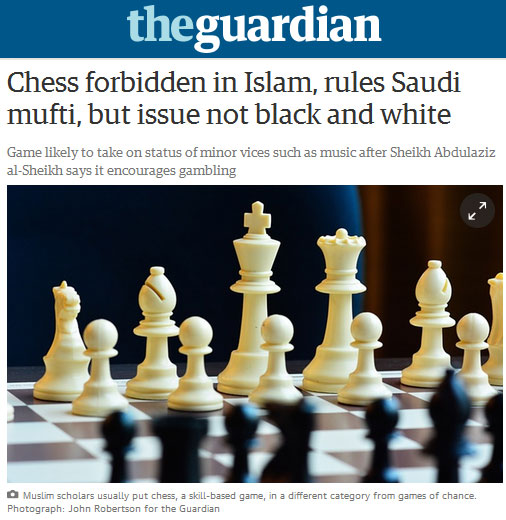

Religious Restrictions
In the past, chess was sometimes prohibited due to religious beliefs.
- Islamic Rulings: During the medieval period, some Islamic authorities viewed chess with suspicion. The concerns stemmed from associations with gambling or the perception that it was a distraction from religious duties. For instance, the Umayyad Caliph Al-Hakim bi-Amr Allah banned chess in Egypt in the 11th century. While opinions varied among Islamic scholars, many later embraced chess as a skill-enhancing and intellectual game.
- Christian Europe: During the Middle Ages, chess faced criticism in parts of Europe as well. Some religious leaders believed it encouraged idleness or excessive competitiveness. However, the game eventually gained favor among clergy and nobility alike.

Political BansWhere Is Chess Banned? A Historical Perspective
Chess, a game of strategy and intellect, is enjoyed by millions worldwide. It transcends borders, cultures, and languages, bringing people together. However, this was not always the case. Throughout history, chess has faced bans and restrictions in certain regions due to religious, political, or cultural reasons. Today, there are no countries where chess is outright banned, but understanding its history offers a fascinating glimpse into its global journey.
Religious Restrictions
In the past, chess was sometimes prohibited due to religious beliefs.
- Islamic Rulings: During the medieval period, some Islamic authorities viewed chess with suspicion. The concerns stemmed from associations with gambling or the perception that it was a distraction from religious duties. For instance, the Umayyad Caliph Al-Hakim bi-Amr Allah banned chess in Egypt in the 11th century. Learn more about historical Islamic views on chess.
- Christian Europe: During the Middle Ages, chess faced criticism in parts of Europe as well. Some religious leaders believed it encouraged idleness or excessive competitiveness. However, the game eventually gained favor among clergy and nobility alike. Explore more about the history of chess in Europe.
Political Bans
Governments have also imposed chess restrictions at various points in history:
- China’s Cultural Revolution: From 1966 to 1976, China experienced the Cultural Revolution, during which many traditional and Western activities were discouraged or banned. Chess, seen as a Western import, was one of the games frowned upon. However, it regained popularity in the years that followed. Discover more about chess in China.
- Soviet Union: While chess was a celebrated sport in the Soviet Union, used as a symbol of intellectual superiority, political dissenters were sometimes targeted, even if they were prominent chess players. This created a complex relationship between politics and the game. Read more about chess and politics in the Soviet Union.
Social and Cultural Controversies
In modern times, chess has rarely faced outright bans but has encountered cultural controversies:
- Saudi Arabia: In 2016, the Grand Mufti of Saudi Arabia, Abdulaziz al-Sheikh, issued a fatwa declaring chess haram (forbidden) under Islamic law. He argued that it could lead to gambling and distract from religious practices. Despite this declaration, there was no official ban, and chess remains popular in the country, including participation in international tournaments. Find more about chess in Saudi Arabia.
Chess Today
Today, chess enjoys global recognition as a sport, art, and science. It is supported by international organizations like FIDE (Fédération Internationale des Échecs) and is played competitively in nearly every country. The historical challenges faced by chess highlight its resilience and the evolving perspectives of societies over time. Follow FIDE on LinkedIn for updates.
Conclusion
Chess, with its rich history and universal appeal, has overcome centuries of skepticism and restriction. From religious debates to political influences, the game has navigated complex social landscapes to become a symbol of strategic thinking and cultural unity. While the days of outright bans are behind us, the history of chess reminds us of the interplay between culture, politics, and intellectual pursuits. Discuss chess history further on Quora..

Chessby: Connecting Chess Players Worldwide
Chessby is a unique platform designed to bridge the gap between the digital and physical worlds of chess. Its main purpose is to connect chess enthusiasts by helping them find local places, events, and players for in-person games. Whether you’re a casual player looking for a friendly match at a nearby café or a competitive player seeking tournaments, Chessby provides the tools to build meaningful connections through chess
